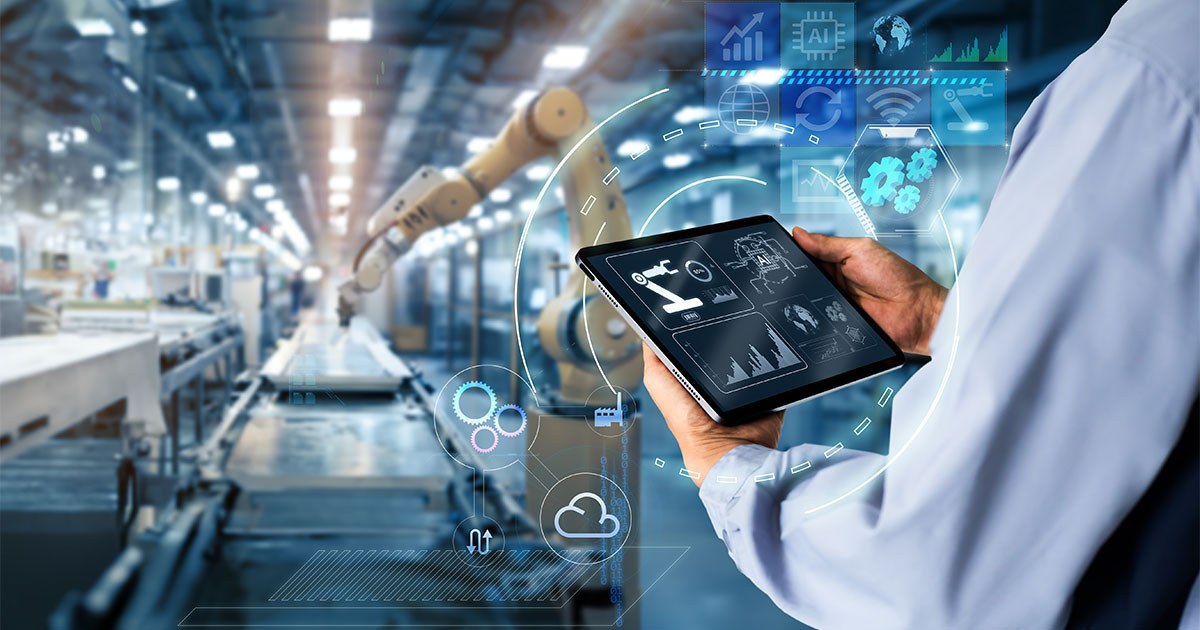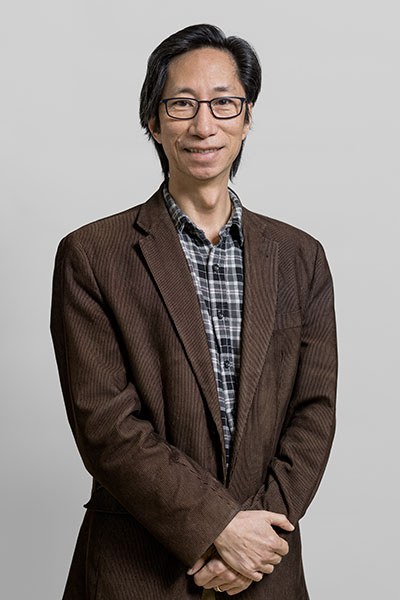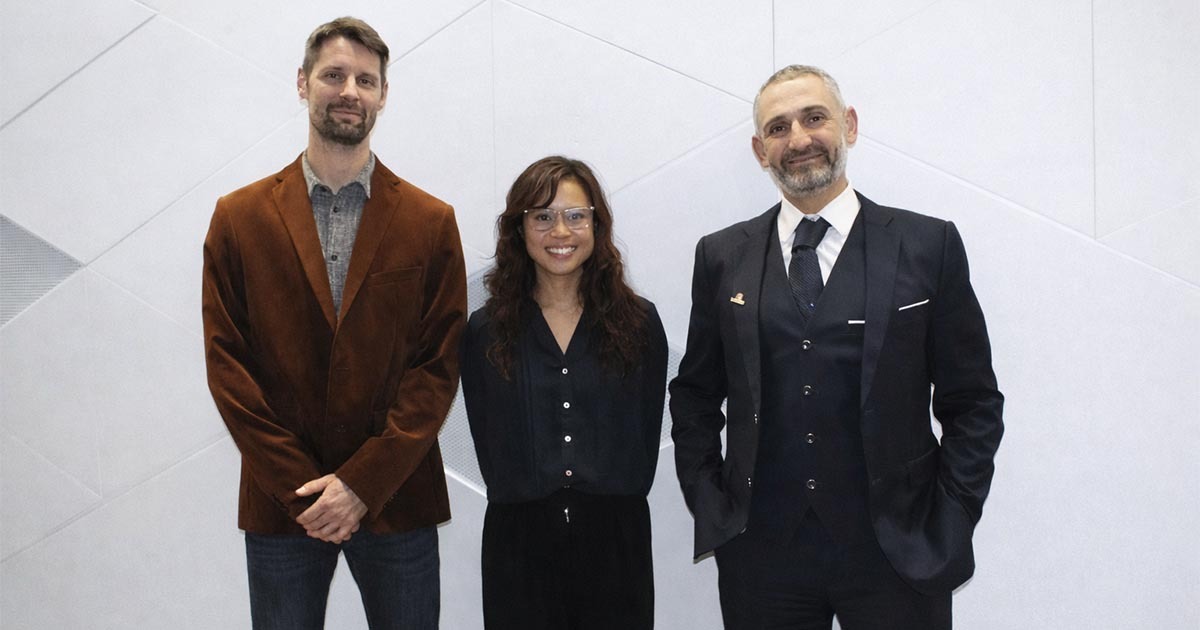
For Tony Wong, professor in the Department of Systems Engineering at ÉTS, solving industrial problems requires above all versatility. His field of expertise is optimization and productivity. Whether it’s manufacturing automation, artificial intelligence, energy or digital governance, his projects are linked by a common thread: the increasing dependence of organizations on automated systems and the need to take full advantage of them.
His work, in collaboration with partners from the industrial, government and service sectors, focuses on technology transfer. “Our research is always grounded in practice,” he explains. The idea is to help companies make the transition to digital in a progressive and practical way.
Helping SMEs Leverage Their Data
Small and medium-sized businesses in Quebec are facing increasingly variable production: low volumes, frequent changes, and constant pressure to customize products. To remain competitive, they must focus on automation, artificial intelligence, and, above all, on leveraging their data.
Tony Wong works with several companies that are beginning their transition to Industry 4.0. His approach is to start small by integrating sensors, the Internet of Things and cloud computing to collect production data. These first steps are already revealing the potential of digital transformation and help identify areas where automation efforts will be most profitable.
In some projects, he collaborates with his colleagues from the CoRo research laboratory, who specialize in robotics. They explore how robots can be quickly reprogrammed to perform new tasks, while Tony Wong focuses on analyzing data from these systems: understanding how production went, spotting bottlenecks, anticipating failures, and improving overall performance.
A Technology Showcase to Inspire Industry

To demonstrate the actual possibilities, Tony Wong collaborated with the City of Saint-Laurent’s Innovation Centre to create a technology 5.0 showcase. This mini 3D printing factory, designed by master's students, shows the potential of connected technologies: dashboards, sensors, the Internet of Things, artificial intelligence, and augmented reality.
This showcase allows businesses to see the benefits of digital transformation without having to invest immediately. It also serves as a learning and collaboration space where factories of tomorrow are taking shape: more agile, more efficient, and better connected.
Better Management of Electric Vehicle Charging
Another field of application is energy consumption. In collaboration with his colleague Julio Montecinos and RVE, a company specializing in electric vehicle charging stations for condominiums, Tony Wong is developing an intelligent system for consumption measurement and forecasting.
Using in-building controllers, researchers collect data on charging habits and use deep learning algorithms to predict peak periods. This information will help spread out charging over time and avoid electrical overloads, a critical issue in parking lots where dozens of vehicles are connected simultaneously.
From Satellites to Microgrids: Expanding His Expertise
Tony Wong's research does not stop at factory floors. He is also collaborating on the programming of embedded computers for satellites, designed to recharge their batteries using lasers from space. His role is to make these computer systems reliable in the presence of cosmic rays, by developing redundant architectures capable of "voting" between multiple signals to ensure the command s consistency.
In the energy sector, he is also involved in the design of autonomous community microgrids, capable of operating even in the event of a main grid outage. By combining wind and solar power, along with energy storage, these grids aim to increase the self-sufficiency of communities, especially in remote or outage-prone areas. The project seeks to equip managers to scale up and optimize these local systems, reducing energy costs, GHG emissions, and dependence on the central grid.
A Expertise Center to Transform the Public Sector
Finally, in the public sector, Tony Wong is working with Quebec’s Ministry of Cybersecurity and Digital Affairs to set up a centre of expertise in automation and artificial intelligence. The goal is to support the government's digital transition by simplifying processes, reducing repetitive tasks, and improving the quality of services offered to citizens.
From Research to Action
From manufacturing SMEs to orbiting satellites, charging stations to government departments, Tony Wong explores diverse worlds connected by the same ambition: helping organizations get the most out of smart technologies.
His philosophy? Moving forward one step at a time, testing, measuring, and above all, translating innovation into real productivity gains.



